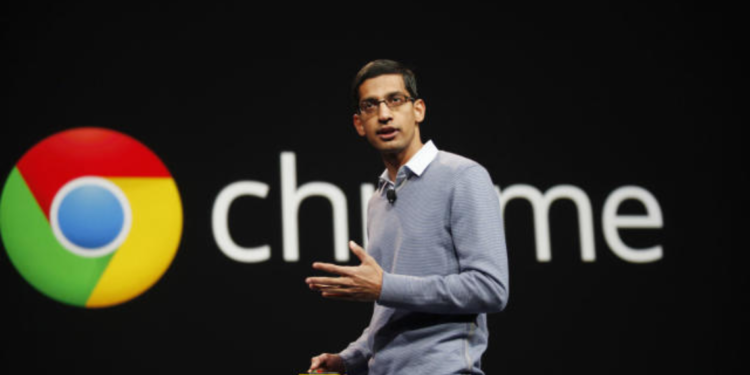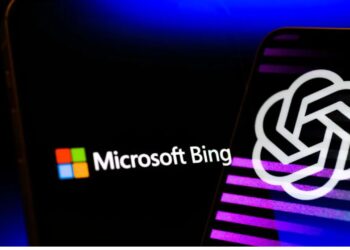In addition to enabling Google AI integration, ChromeOS based on the Android stack will improve the compatibility of Android devices and accessories with Chromebooks
Google has revealed that to provide faster and better Google AI features, ChromeOS for Chromebooks will soon resemble Android OS. Google declared that “ChromeOS will soon be developed on large portions of the Android stack to bring Google AI, innovations, and features faster to users” in an update to the Chromium blog.
What’s new with ChromeOS’s Android stack
According to Google, the Chromebook presents a chance to increase consumer accessibility to the company’s advancements in artificial intelligence and Gemini-powered capabilities. Additionally, Google will be able to push out “new Google AI features to users at a faster and even larger scale” by including parts of the Android stack, an open-source platform architecture for Android devices.
ChromeOS was built on top of the Android Linux Kernel and Android Framework, which together serve as the main interface between an Android device and its user. This makes it possible to make Android apps available on ChromeOS easily. Google said that by integrating the Android-based tech stack into ChromeOS, AI integration will be made easier and faster. Additionally, this will make it possible for other gadgets, such as Android phones and peripherals, to function better with Chromebooks.
ChromeOS’s Android stack: A step in the right direction?
With the release of the Google Pixel 8 series of smartphones, generative AI features like Magic Editor on Google Photos and AI-generated wallpapers were introduced to the Android operating system. Nevertheless, these functions weren’t added to the Chromebooks until last month. If these modifications to the ChromeOS architecture had been made sooner, Google would not have needed as much time to release generative AI capabilities for Chromebooks.
Benefits
Due to the company’s need to create features from scratch due to the present ChromeOS platform design, there is a delay and additional labor involved in this dual development cycle. Since Chromebooks run on the same Android stack as Android-powered devices, software updates will arrive much more quickly and software implementation will be lot faster.
ChromeOS’s Android stack: Timetable
Although Google stated that it has begun the process of integrating the Android technology stack into ChromOS, it will take some time for the experience to be available to consumers. When the upgraded experience is available, the business promises to create a “seamless transition” for the user.
Additional ChromeOS modifications
Google completed the acquisition of Cameyo last week. Cameyo is a software virtualization business that Google will collaborate with within 2023 to enable Windows apps to run on ChromeOS. Google stated, “We are doubling down on our commitment to delivering a streamlined experience for virtualized applications by bringing the Cameyo team’s expertise in-house.”
Rather than requiring complicated installation processes or a Windows desktop emulator, Cameyo leverages Virtual Application Delivery (VAD) technology in place of typical virtual desktop infrastructure (VDI) solutions to enable virtual apps to run on ChromeOS. As a result, Windows programs can now function as progressive web apps (PWAs), making it simple to integrate them with the file system of the device.







